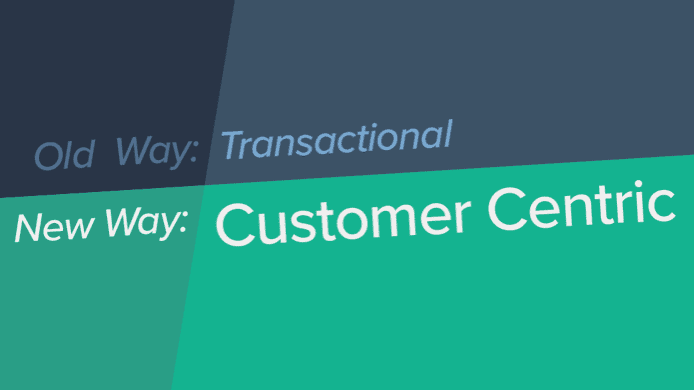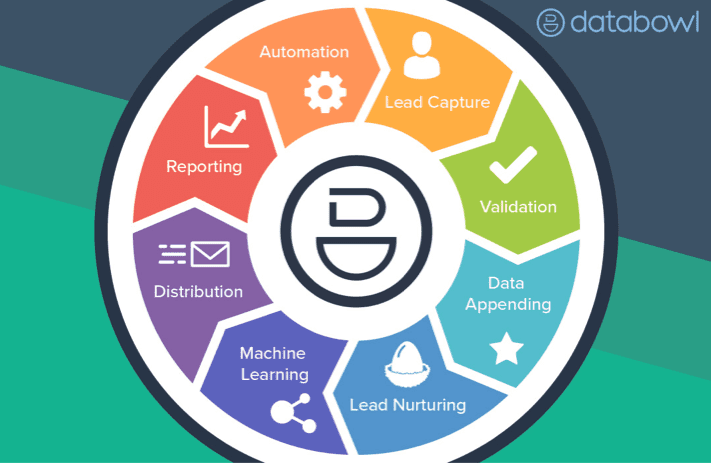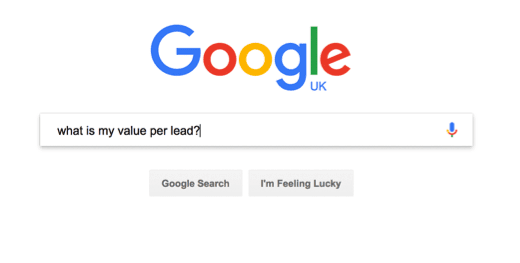Leads are only as good as your ability to know how to calculate their value
Lead generation isn’t as popular as other acquisition channels such as Straight Sale, CPC, CPI or CPA.
Why?
Because most people struggle to understand two important things:
- How to do it properly
- How to calculate its value
In this article, you’ll learn how to overcome these two obstacles and discover the information helping companies dominate their markets.
How to do lead generation properly
Amazon founder Jeff Bezos has some excellent advice. He says: “We don’t make money when we sell things. We make money when we help customers make purchase decisions.”
This is the most important thing to master if you want to do lead generation well. You must be customer centric.
Move away from a transactional mindset. Instead, think about repeat, retention-based sales. Doing this dramatically increases the lifetime value of each customer and prospect, and paves the way for consistent profits.

So where do you start? The quality of your leads is your biggest priority. Do not think about expanding the quantity of your leads until you’ve taken care of your lead quality.
Rather than buy 10 broken cars in the hope one of them could get you to work, you’d spend the same money on one car you knew worked well. So why buy a thousand broken leads, in the hope one will buy your product or service?
Albert Einstein felt exactly the same way. He had a sign on his office wall. It said: “Not everything that counts can be counted, not everything that can be counted counts.”
In lead generation, you should look at connection and response. This is the only measure of good quality data. The size of your list is irrelevant if it’s full of trash. If your final aim is to sell something – or, even better, to sell many things to the same person – then the quality of the connection is what counts.
By changing to this mindset and repositioning your marketing, your customer starts to welcome your message. You are no longer an unwelcome pest. And best of all, your customer is much more likely to take action.
Use technology to boost the quality of your leads
Technology has transformed the way you can generate leads.
Fraudulent or useless data currently accounts for anywhere between 15 and 40 per cent of online leads. But smart use of technology can cut out lead fraud and significantly reduce your chances of buying a lead you cannot use.
Technology can help in many ways, including setting the specification of each lead you wish to accept. If you only operate in London, why would you pay for the contact details of somebody in Leeds?

Using the best technology allows you to better manage lead generation from start to finish. In fact, it can be a game-changer when the technology also integrates:
- Personalisation
- Smart lead-nurturing
- Distribution
- In-depth reporting
- One-time set up
Do you know your value-per-lead?
Unlike a direct sale or install campaign, the initial dopamine hit of marketing isn’t apparent in lead generation. You need to be smart about how you track the value. Cutting-edge technology helps you do this well.

When you use advanced lead-generation software like Databowl, you can quickly calculate the value of your campaigns.
If you build a marketing funnel and collect 100 leads through your landing page, you can get a good idea of the average value of each lead (dependent on conversion rates). Once you know this information, you can use it to make lead generation work for you.
Knowing your profit-per-lead allows you to adjust your figures when buying leads from media buying or affiliate networks.
And that is where the magic happens.
Most people don’t do this, so by knowing your cost-per-lead you have the advantage. You can then differentiate the angles and funnels you use, allowing you to capture and convert people who might previously have dismissed your offer.
 Rory Fryer
Rory Fryer is a marketing technology professional. He works at
Databowl who provide intuitive lead generation software that is engineered to exponentially increase the effectiveness of lead generation and data marketing campaigns.












